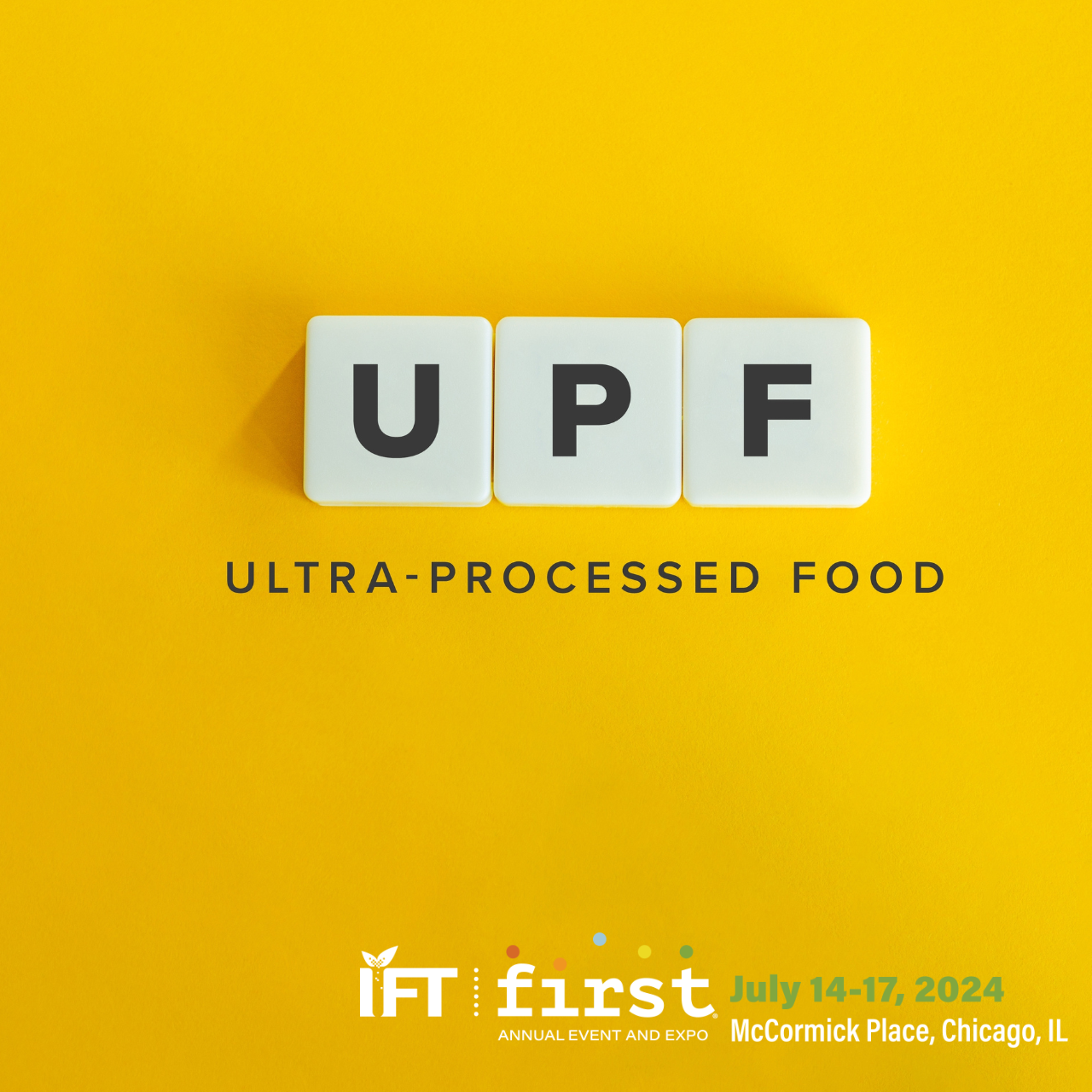The conversation around ultra-processed foods (UPFs) often ignites polarized debates about their impact on health. However, a recent special session at IFT FIRST, sponsored by IFT scientific journals, shifted the focus from debate to collaboration, emphasizing the need for a deeper understanding of the mechanisms by which UPFs affect health. This session underscored both the current state of research and the importance of collaborative efforts to advance our knowledge.
Current Understanding and Limitations
Presenters in the session reviewed the existing scientific knowledge on UPFs and their correlation with overweight, obesity, and diet-related diseases. Despite a growing body of epidemiological evidence linking UPFs to these health issues, significant gaps remain in understanding the causal mechanisms behind these associations. Much of the existing research relies heavily on observational studies, which, while useful, cannot establish direct cause-and-effect relationships.
Kevin Hall, a researcher from the National Institutes of Health, highlighted a pivotal study he led in 2018. This randomized controlled trial revealed that participants consuming a diet rich in UPFs not only consumed more calories but also gained more weight compared to those eating minimally processed foods. Hall’s current research aims to delve deeper into the causal factors that link UPFs to obesity and metabolic health, underscoring the need for studies designed to uncover specific mechanisms of action.
The Need for Mechanistic Research
Hall emphasized that debating the pros and cons of UPF consumption is futile without understanding the underlying mechanisms through which these foods impact health. He expressed frustration over the limited focus on mechanistic research and called for studies designed to uncover these pathways. “It’s amazing to me that more research isn’t being conducted to try to figure out if there is a causal pathway or mechanism,” Hall said. His goal is to foster discussions within the scientific community to initiate collaborative research efforts that explore these unanswered questions.
The Call for Collaborative Research
Hall’s vision for advancing research on UPFs involves building multidisciplinary teams that include food scientists, researchers from various sectors, and industry experts. He believes that collaboration across disciplines is crucial for designing and conducting studies that can reveal the complex interactions between UPFs and health. “We need to meet with food scientists who can engineer foods along different hypothetical pathways,” Hall explained. This approach could lead to more targeted and effective strategies for mitigating the health risks associated with UPFs.
Julie Hess, a research nutritionist with the U.S. Department of Agriculture, also contributed to the discussion by presenting her findings on UPFs. Hess demonstrated that it is possible to construct a healthy diet using UPFs and, conversely, that a diet composed primarily of minimally processed foods can also be unhealthy. This insight highlights the complexity of dietary health and the need for nuanced research that goes beyond simplistic categorizations of food types.
The Role of Food Processing
The session’s moderator, Anna Rosales, posed a provocative question: What would the world look like without ultra-processed foods? Panelists, including Hall, Hess, and experts like Youling Xiong and Mario Estevez Garcia, acknowledged the role of food processing in modern life. Estevez Garcia, who is editing a special issue of the IFT Journal of Food Science on UPFs, noted that while concerns about UPFs are valid, food processing offers significant benefits such as improved food safety, extended shelf life, and greater diversity.
Xiong echoed this sentiment, emphasizing that processing makes food more accessible, affordable, and enjoyable. “Processing is a part of civilization. We cannot go back to 100 years ago when everything was unprocessed,” Xiong said.
Moving Forward
The session highlighted a crucial shift in the dialogue about UPFs—from debate to collaborative research. Understanding the specific mechanisms by which UPFs impact health requires a concerted effort from researchers across disciplines. By focusing on mechanistic studies and fostering collaboration, the scientific community can better address the complexities of UPFs and develop strategies to make processed foods healthier.
As the discussion around UPFs continues to evolve, it is clear that both the benefits and risks of food processing need to be carefully examined. The collaborative efforts of researchers, industry experts, and policymakers will be essential in navigating this complex issue and ensuring that the future of food processing aligns with improved public health outcomes.
For more information you can visit:

